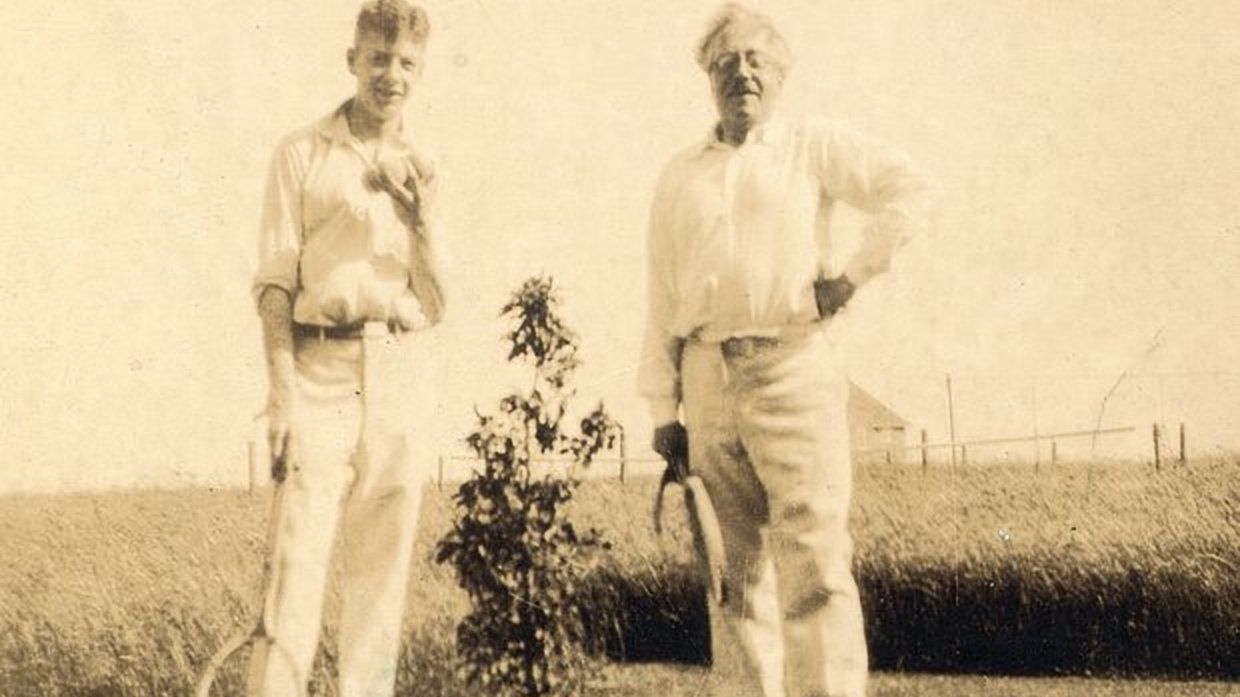New Release: Duo Bednarz-Hiratsuka’s “Giya Kancheli: Sunny Night”
Giya Kancheli (b. 1935) is one of the most distinctive twentieth century composers to emerge from the former Soviet Union. Kancheli, who was born in Georgia and emigrated to Belgium following Soviet dissolution in 1991, has written seven symphonies as well as other large-scale orchestral works such as Mourned by the Wind, described as a “liturgy” for viola and orchestra. His catalogue also includes operas, chamber works, and numerous film scores. Many of …







